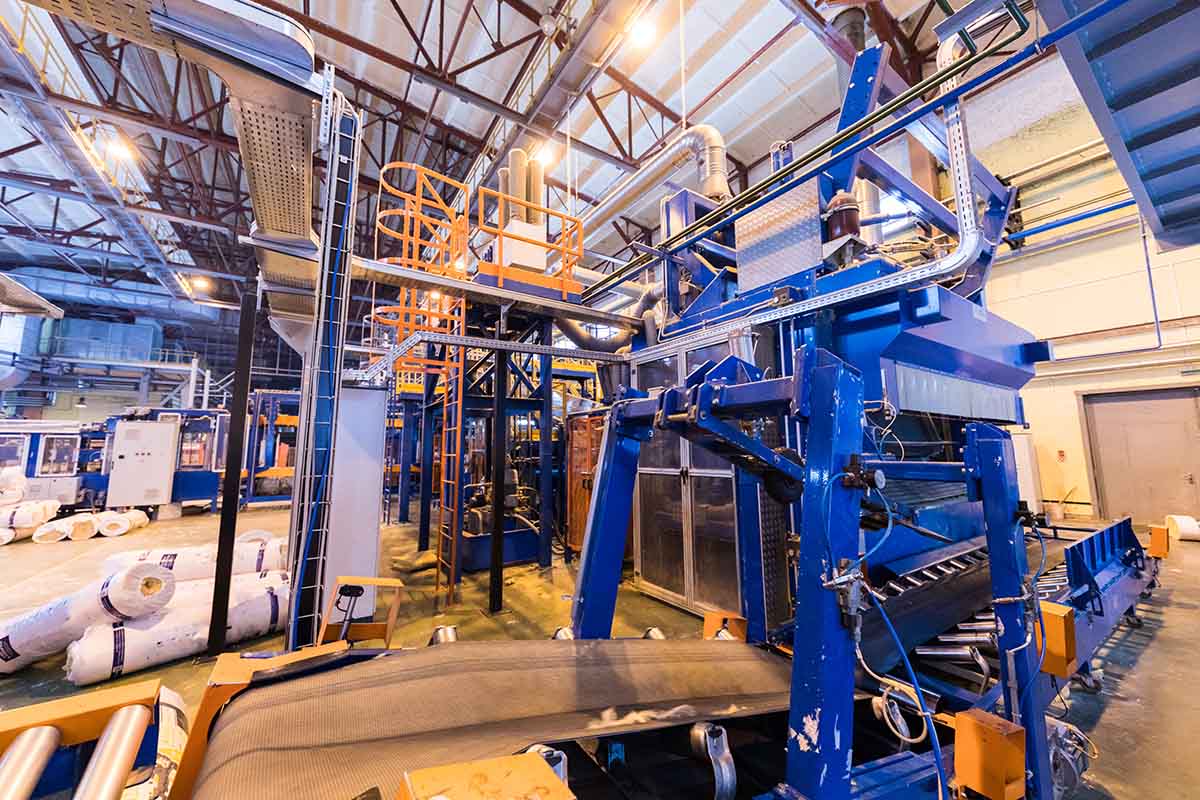What are the Advantages of Slurry Pumps?
The efficient handling of abrasive and viscous fluids is a constant challenge in various industries such as mining, construction, and wastewater management. This is where the slurry pump comes to the rescue.
These are robust and versatile devices that transport a mixture of solids and liquids, often encountered in applications like mining operations, dredging, and chemical processing. This article will explore the key advantages of it, highlighting its importance in modern industrial processes.
Understanding Slurry Pumps
It is a specialized type of centrifugal pump designed to handle abrasive and viscous slurries. Unlike standard centrifugal pumps optimized for clean liquids, these are engineered to handle solid particles, making them indispensable in industries where such mixtures are prevalent.
Advantages
- Robust Construction for Severe Conditions
These are built with heavy-duty materials to withstand the harsh conditions of abrasive applications. Their construction includes hardened alloy components, such as impellers and liners, that are resistant to wear caused by abrasive particles. This robust build ensures the pump’s longevity, minimizing maintenance and downtime.
The high-quality slurry pump for sale is designed to efficiently handle and transport various abrasive and viscous materials.
- Efficient Solid-liquid Mixture Handling
Several reputable slurry pump manufacturers offer a wide range of high-quality pumps. One of the primary advantages of it is its ability to handle mixtures with varying concentrations of solids efficiently. The design of it allows for the transport of high-density slurries over long distances without significant loss in performance. This capability is crucial in applications like mine tailings disposal and sand dredging.
Key Features
- Heavy-duty Impellers
These are equipped with specially designed impellers to handle solid particles without clogging or losing efficiency. These impellers are engineered to create a turbulent flow, preventing particle settling and ensuring a continuous flow of the mixture.
- Wear-resistant Materials
The materials used in constructing these are selected for their high wear resistance. Hardened alloys, rubber, and other abrasion-resistant materials are employed to prevent premature wear and extend its operational life.
- Multiple Shaft Sealing Options
It offers various sealing options to prevent leakage and contamination. These options include mechanical seals, gland packing, and dynamic seals, ensuring their integrity of it even when dealing with corrosive or abrasive fluids.
Applications
- Mining Industry
In mining operations, slurries containing valuable minerals are often transported from one processing stage to another. These are essential for moving these mixtures efficiently, contributing to the overall productivity of the mine.
Mine tailings, which can be harmful if not properly managed, are safely transported using it for responsible disposal. A powerful sludge pump submersible is used to efficiently remove the heavy sediment buildup from the wastewater treatment tank.
- Dredging Operations
Dredging is used to excavate underwater sediments and deposits, commonly for harbor maintenance, river deepening, or mineral extraction. It plays a critical role in dredging by facilitating the movement of sediment-rich slurries, which can be challenging due to their high viscosity and abrasive nature.
- Chemical Processing
These transport abrasive or corrosive mixtures in chemical and pharmaceutical industries containing solid particles. It ensures the smooth flow of ingredients throughout various stages of production, maintaining efficiency and product quality. And also repairing the sludge pump, ensuring the efficient removal of waste materials from the industrial wastewater treatment plant.
Conclusion
A slurry pump is an undisputed workhorse in industries that deal with abrasive and viscous fluids. Their ability to handle challenging mixtures of solids and liquids efficiently makes them indispensable in various sectors, from mining to chemical processing.
The advantages of it, including their robust construction, efficient solid-liquid mixture handling, and versatility across industries, highlight their importance in modern industrial processes.




















